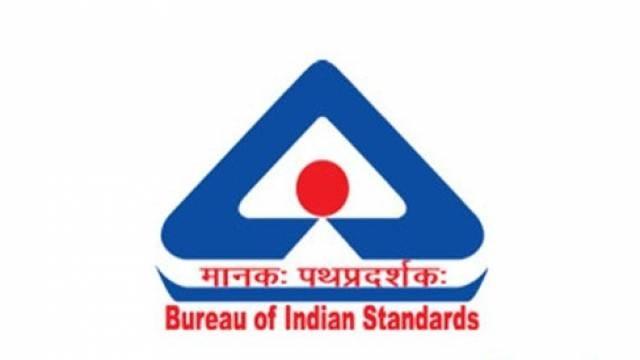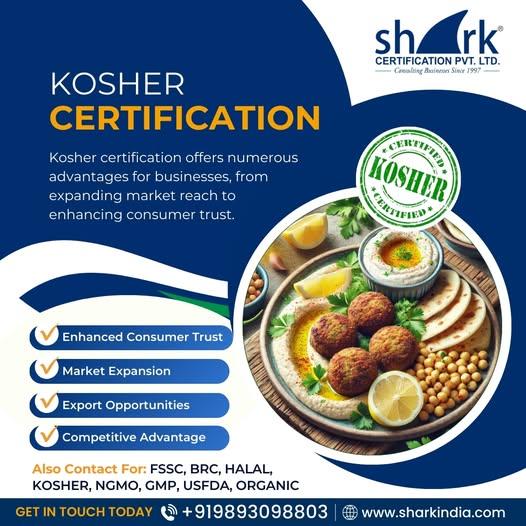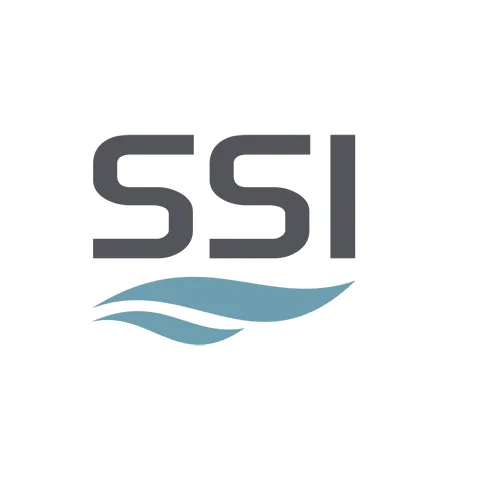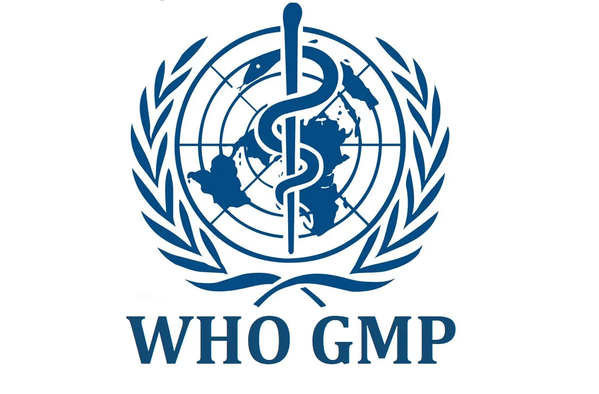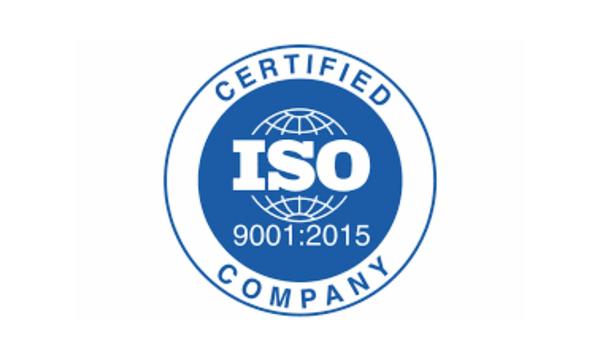‘Agmark’ is a Quality Certification Mark of the Government of India given to products confirming to scientifically laid down quality standards. Products commonly certified under AGMARK Honey Ghee, Butter Chillies, Turmeric, Curry powder, Garam Masalas, Cardamom, Cumin, Coriander and other curry powders. Vegetable Oils Spices Wheat, Atta, Maida, Suji, Besan, Pulses and many more items required by customers. Certificate of Authorization It is given to the packers authorizing them to grade their Commodity under AGMARK. Period of Validity will be 5 years. For granting new certificate of authorization separate application for each commodity should be produced. Documents to be given along with application Sketch of the premises:- Declaration regarding Proprietorship/Partnership etc Ownership of the premises Ownership of trade brand label Use of good grade quality containers for packing commodities. All declarations has to given in five rupees stamp label attested by notary public. A copy of licence from Panchayat/Municipality. Bank reference:- Letter from the bank regarding the transaction to the packer with the bank List of machineries. Specimen signature of authorised persons attested by the proprietor / managing partner. Medical fitness certificate of employee. Specimen copy and sketch of trade brand label

